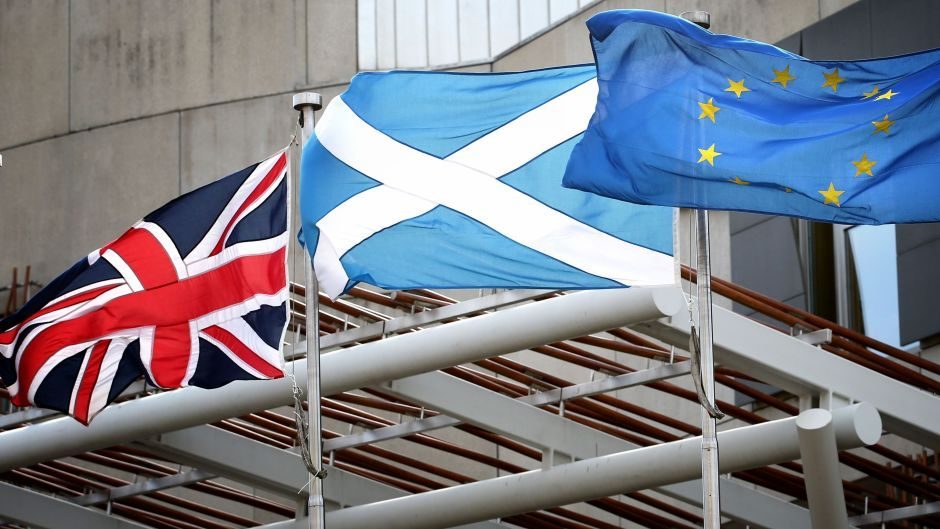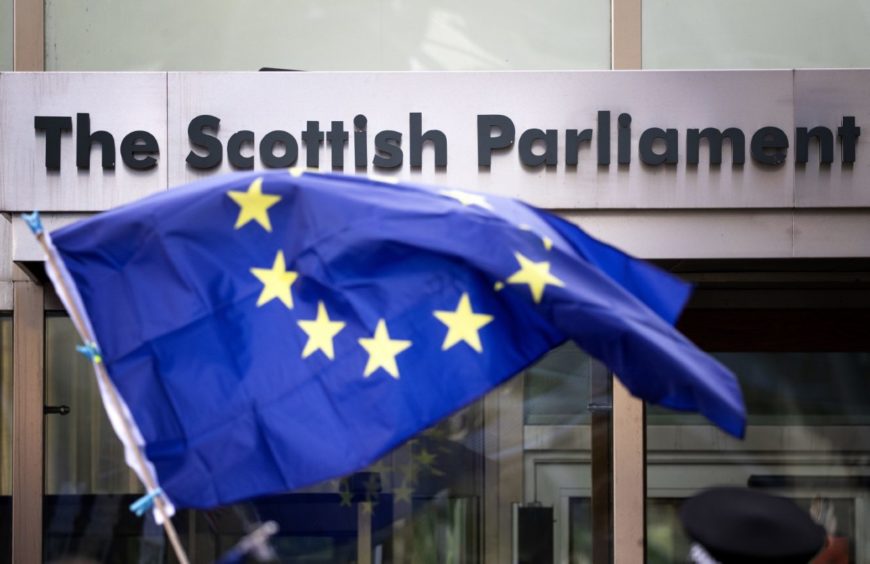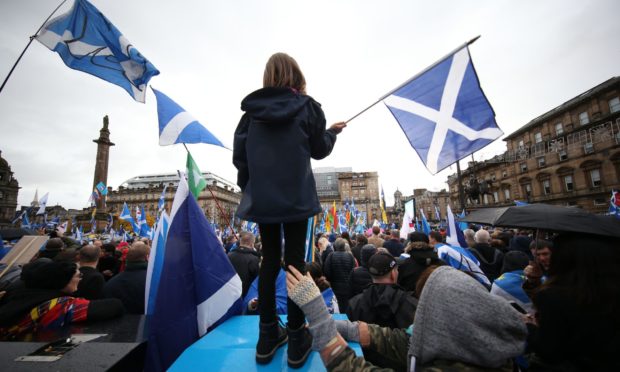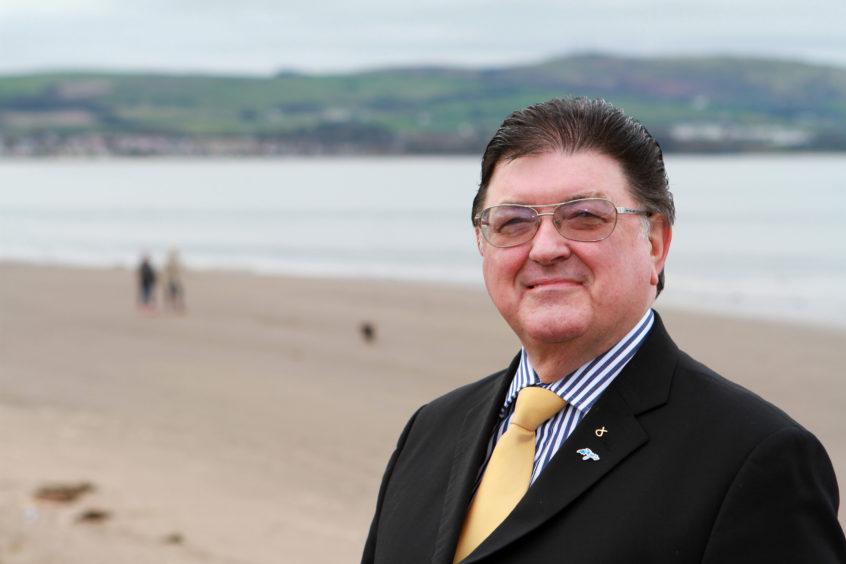A new political party, Scotia Future, campaigning for “real independence” outside the UK and EU has been launched by two former SNP politicians.
Chic Brodie, who represented South Scotland in Holyrood from 2011 to 2016, and Renfrewshire councillor Andy Doig hope to stand candidates for Scotia Future in both regional and constituency seats at next year’s Scottish Parliament elections.
The duo, who both quit the SNP in 2017, want an independent Scotland to establish a relationship with the EU similar to Switzerland, which is not a member but is able to participate in the single market because it has adopted various provisions of EU law.
They believe centralisation has been “extremely damaging” to communities and will seek to decentralise powers away from Holyrood to local authorities.
Scotia Future will also push for the “elimination of poverty and the creation of prosperity as twin and compatible objectives” as part of a “Scotland of equals where merit is the gold standard”.
Mr Brodie, the party’s new leader, said: “We are delighted to launch Scotia Future, a party that will move Scotland forward to real independence outwith the EU, as it has never been clearer that devolution has had its day.
“Westminster and Holyrood are broken but the only choice for Scotland is not a binary one between a dwindling voice in the UK and so-called independence in the EU. We have better options.
“Scotia Future believes in real independence. It is unwise to seek to trade Scottish sovereignty away to the pro-austerity and centralised EU before we have even gained independence.
“We favour a bespoke deal for Scotland with the EU similar to that of Switzerland, which is vital to safeguard Scotland’s sovereignty on the economy and defence.”

Polling data from 2016 showed a significant minority of SNP voters backed Brexit, and Mr Brodie and Mr Doig believe the SNP’s strong pro-EU stance has left Yes-Leave voters without a voice.
Their plan is to gather as many members as possible and hold a virtual national congress before the end of the year to examine in detail what constituency or list seats the party may look to stand in.
As a new political party, Scotia Future has not yet taken a formal view on whether to work with the crowded field of other pro-independence parties set to contest next year’s Holyrood election but hopes to offer a “distinctive view” to voters.
Mr Doig, who represents Johnstone North, Kilbarchan, Lochwinnoch and Howwood on Renfrewshire Council, will be the nominating officer for Scotia Future.

He said: “Scotia Future has three key aims: real Scottish independence, economic justice, and giving power back to communities.
“We do not just want to change flags but to change society. We seek a Scotland of equals where merit is the gold standard, and a Scotland which is a fair and enterprising country based on co-operative principles and values.
“Centralisation is extremely damaging to communities and we believe decisions which can be taken at local level should be.
“But to safeguard this restoration of real local democracy we seek to enshrine the principle of subsidiarity to give power back to communities. With the independence we seek, all parts of Scotland will have their voice heard, urban and rural.”

Mr Brodie, who was born in Dundee and still has family ties to the city, quit the SNP in 2017, claiming he was fed up of “petty tribal politics”. It followed criticism of Nicola Sturgeon’s “presidential” campaign at the 2016 Scottish Parliament election.
Mr Doig quit the same year, after nearly four decades, and launched a scathing attack on the leadership’s “McMafia tactics”.
He left after being controversially deselected as a council candidate amid accusations of sexism and homophobia.
He was ruled not to be sexist and homophobic by a party committee in 2016 but was still deselected by the party leadership, despite the SNP’s National Executive Committee upholding his candidacy.

